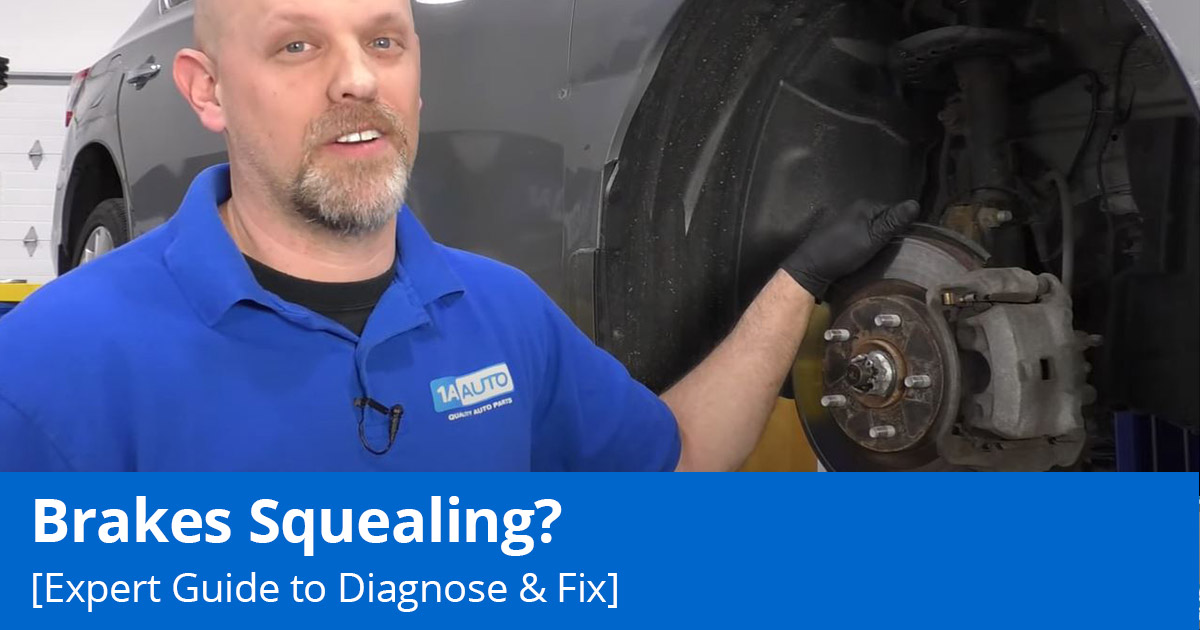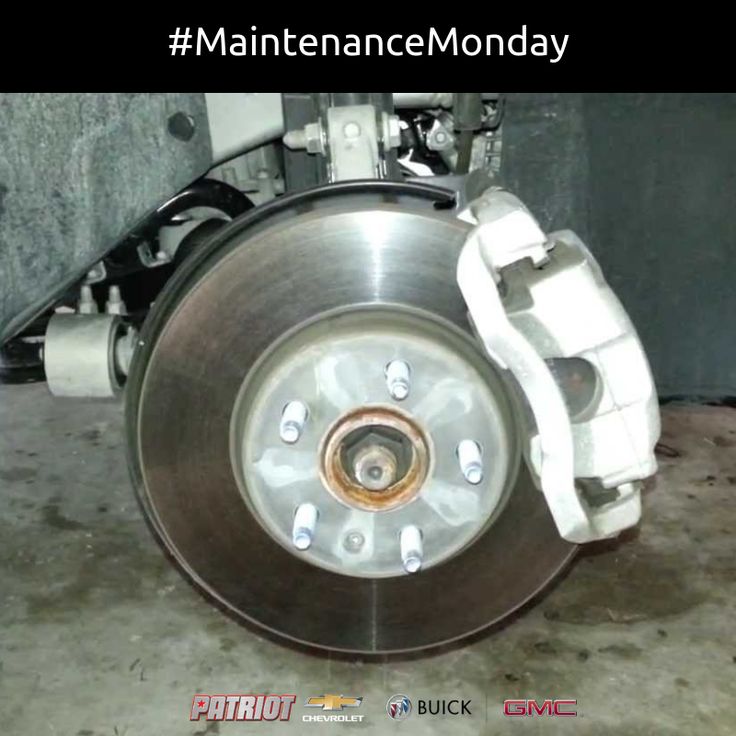

Squealing brakes can be a startling noise, signaling a potential problem in your braking system. Understanding when your car’s brake pads need replacing is crucial for vehicle safety and avoiding unexpected repair costs. This guide dives into the signs, causes, and solutions for squealing brakes, offering practical insights and preventative tips to keep your vehicle running smoothly and safely. We will also cover essential maintenance tips and scheduling for optimal brake health. Throughout this article, we’ll explore the intricacies of brake pad wear, the noises that signal potential problems, and how proactive maintenance can prevent costly repairs down the road.
Understanding the Basics of Brake Pad Wear
Recognizing the Symptoms of Squealing
The most obvious sign of brake pad wear is the distinct squealing or grinding noise you hear when pressing the brakes. This noise is generated when the brake pads’ friction material is worn down, creating excessive friction against the brake rotor. This increased friction results in the characteristic squealing sound, and it’s crucial to pay attention to this alert signal. The severity of the squeal can vary, from a high-pitched squeak to a more pronounced grinding sound. Pay attention to how the noise changes as you use your brakes more, as this can indicate the extent of the brake pad wear. If you are uncertain about the nature of the sound, it’s always best to consult with a qualified mechanic.
The Importance of Regular Brake Inspections
Regular maintenance and inspections are essential for every vehicle owner. Ignoring this can result in costly repair bills later on. It is crucial to pay attention to the signs and symptoms associated with brake wear, even if the noise seems minor. By promptly addressing potential problems, you can extend the lifespan of your brakes and prevent accidents.
Identifying the Causes of Squealing
Besides worn-out brake pads, several other factors can contribute to squealing. These include loose or misaligned brake calipers, improper brake pad installation, or even a problem with your brake rotors, such as rust or damage. These issues contribute to the noise or can exacerbate it.
Preventative Measures for Maintaining Optimal Brake Pad Life
To maintain the health of your braking system, regularly inspect your brake pads. When the pads wear down, their friction surfaces become thinner and increase friction against the rotors which generates additional heat. These issues lead to noise and potentially more problems.
Identifying When Brake Pads Need Replacing
Examining Brake Pad Thickness
One of the most reliable ways to determine if your brake pads need replacing is to check their thickness. Manufacturers typically stamp thickness measurements on each pad; if the thickness falls below this measurement, it’s a strong indication that the pads are nearing the end of their useful life.
Understanding Brake Pad Lifespan
The lifespan of brake pads varies greatly depending on several factors, such as driving habits, road conditions, and vehicle weight. Heavier vehicles, for example, typically wear out brake pads faster than lighter vehicles. High-speed driving and frequent use of the brakes will also contribute to faster wear. The average lifespan of brake pads ranges between 30,000 to 50,000 miles; however, this is just an estimation. Pay attention to signs like squealing or increased stopping distances. Consulting a qualified mechanic can provide more insight.
Diagnosing Squealing Brake Sounds
Distinguishing Types of Squealing
The nature of the squeal can provide valuable clues about the source of the problem. A high-pitched squeak may indicate worn brake pads, while a more pronounced grinding sound could signify damaged brake rotors. These can become extremely severe and dangerous if not addressed promptly. These factors can often accompany or be a precursor to the squealing noise and must be addressed urgently.
Investigating Other Brake System Issues
Besides worn brake pads, other components in your braking system can also contribute to squealing sounds. A misaligned brake caliper can cause abnormal friction, leading to an unpleasant squeaking sound. Similarly, problems with the brake rotors, such as rust or damage, can also create noise when rubbing against the brake pads.
Professional Diagnosis for Complex Problems
If you’re unsure about the precise cause of the squealing, consulting a qualified mechanic is highly recommended. A professional diagnosis can identify the source of the problem and provide tailored solutions. They can determine if it’s simply a need for brake pad replacement or if additional repairs are needed.
Preventing Squealing and Extending Brake Pad Life
Maintaining a Consistent Driving Style
Avoiding sudden braking maneuvers is crucial for maintaining the longevity of your brake pads. Try to brake smoothly and gradually reduce speed rather than applying hard and sudden stops. This approach minimizes the stress on the braking system, prolonging the life of the brake pads. Consistent braking is key.
Optimizing Driving Habits and Maintenance
Regular brake checks, alongside other vehicle maintenance, can be vital for identifying and addressing problems in a timely manner. Ensure proper maintenance of the entire brake system, including brake lines and calipers. Also, consider driving habits that might accelerate the wear on brake components.
Identifying and Addressing Underlying Issues
Pay attention to how your car is responding to driving conditions, particularly how frequently you apply your brakes. Frequent application, harsh braking, and abrupt stops put excessive stress on the brake components, causing wear and tear. Consider how much you are driving and the quality of the roads.
Cost Considerations
Calculating Brake Pad Replacement Costs
The cost of replacing brake pads can vary significantly based on your vehicle make and model, as well as the labor costs in your area. Factor in the cost of parts, labor, and any additional repairs that might be needed. If you suspect a major issue, scheduling an inspection and professional diagnosis is highly recommended.
Comparing Costs of Different Brake Pad Types
The pricing can also vary based on the type of brake pads you choose. Different types offer varying levels of performance and durability, each with its own associated price tag. Consider the needs of your vehicle and driving habits when selecting the right brake pads.
Understanding the Value of Preventative Maintenance
While replacing brake pads can seem expensive, remember that preventative maintenance is much more affordable in the long run. By catching potential issues early, you can prevent more significant and costly repairs. Prompt attention to squealing noises saves potential problems.
Additional Factors Affecting Brake Pad Performance
Impact of Road Conditions
Driving on rough or uneven roads can significantly affect the lifespan of your brake pads. Frequent braking on rough surfaces or debris can cause the pads to wear down faster than normal. This makes regular maintenance and inspections even more critical.
Role of Driver Habits on Brake Pad Durability
Heavy or aggressive driving habits can significantly reduce the life of your brake pads. Consider your driving habits to assess if this is contributing to faster-than-normal wear and tear. Maintain a smooth and gradual driving style.
Importance of Choosing High-Quality Brake Pads
Investing in high-quality brake pads can translate into enhanced safety and extended component lifespan. High-quality pads offer greater durability and resistance to wear, providing a longer service life.
Professional Brake Pad Replacement Services
Importance of Seeking Expert Advice
Replacing brake pads, especially if accompanied by unusual noises, is best handled by trained professionals. They have the expertise and tools to diagnose the root cause effectively and provide quality service. Experienced technicians can properly evaluate and address any additional issues or complications.
Finding a Trustworthy Mechanic
Choosing a trustworthy mechanic is essential for ensuring a safe and reliable repair. Look for certified mechanics with positive reviews and experience in brake system repairs. Always get a quote before any work is done, and inspect the work that has been performed.
Safe Driving Practices and Brake Pad Maintenance
Maintaining Consistent Brake Practices
Consistent brake maintenance procedures, such as checking your brake pads, can ensure the long-term efficacy of your vehicle. This is a simple yet important step to avoid unexpected problems on the road.
Driving Conditions and Brake System Performance
Driving conditions significantly impact brake system performance. Wet or icy roads, for instance, require increased caution to avoid excessive wear on the brake components.
Regular Inspections and Timely Repairs
Consistent maintenance scheduling is essential for minimizing brake pad and other component wear and tear. Following a schedule ensures that your brakes are properly maintained. This, along with regular inspections, can help detect problems before they escalate into critical issues.
FAQ
What are the signs of brake pad wear beyond the squeal?
Beyond the telltale squeal, several other signs can indicate worn brake pads. These include vibrations or pulsing sensations in the steering wheel while braking, a spongy or unusually soft brake pedal, or a noticeably longer stopping distance. These symptoms can often accompany or be a precursor to the squealing noise, and it’s important to address them promptly. Professional inspection by a certified mechanic is recommended if you notice these or other related brake concerns.
How often should I check my brake pads?
Regular brake inspections should be part of your vehicle maintenance routine. Aim to inspect your brake pads and rotors at every oil change or every 5,000 miles, whichever comes first. This preventative approach allows you to identify potential problems early and address them before they escalate into major issues. Be mindful of driving conditions and any unusual noises or sensations. A thorough inspection, and potentially an overhaul by a certified technician, is highly recommended should you notice anything unusual or alarming.
In conclusion, recognizing squealing brakes is crucial for maintaining vehicle safety and preventing costly repairs down the road. By understanding the causes, symptoms, and preventative measures, you can proactively address brake pad wear and ensure smooth, safe braking. Schedule a professional inspection with a qualified mechanic if you suspect a problem. This proactive approach will safeguard your vehicle’s performance and extend its lifespan. Remember, proper maintenance is key to a smooth ride and peace of mind on the road!